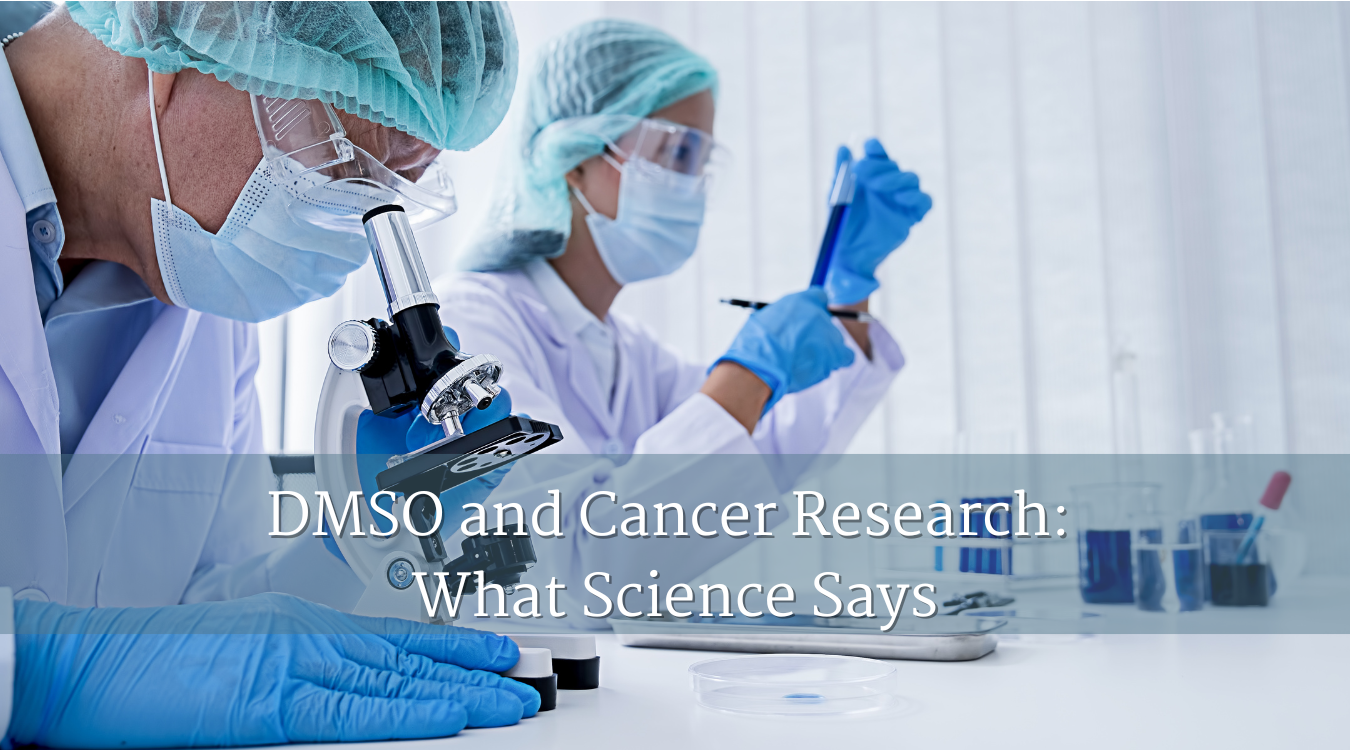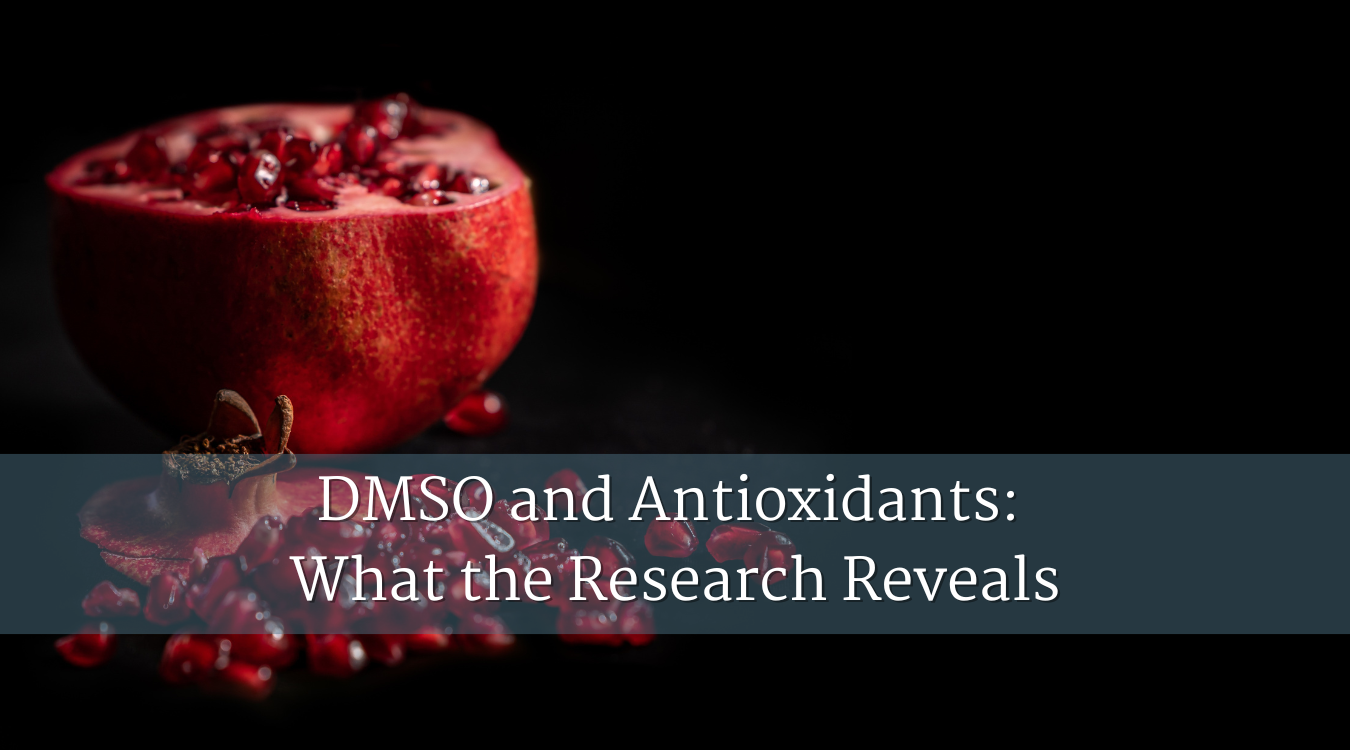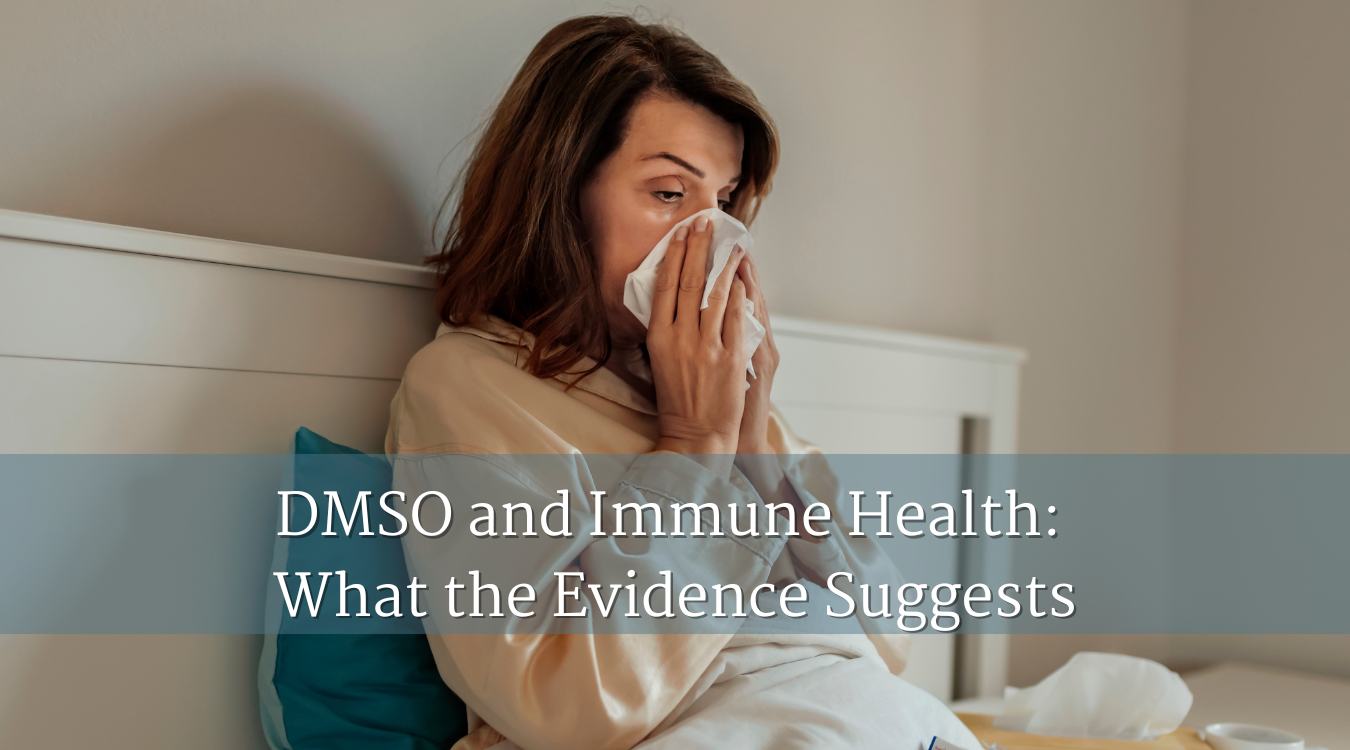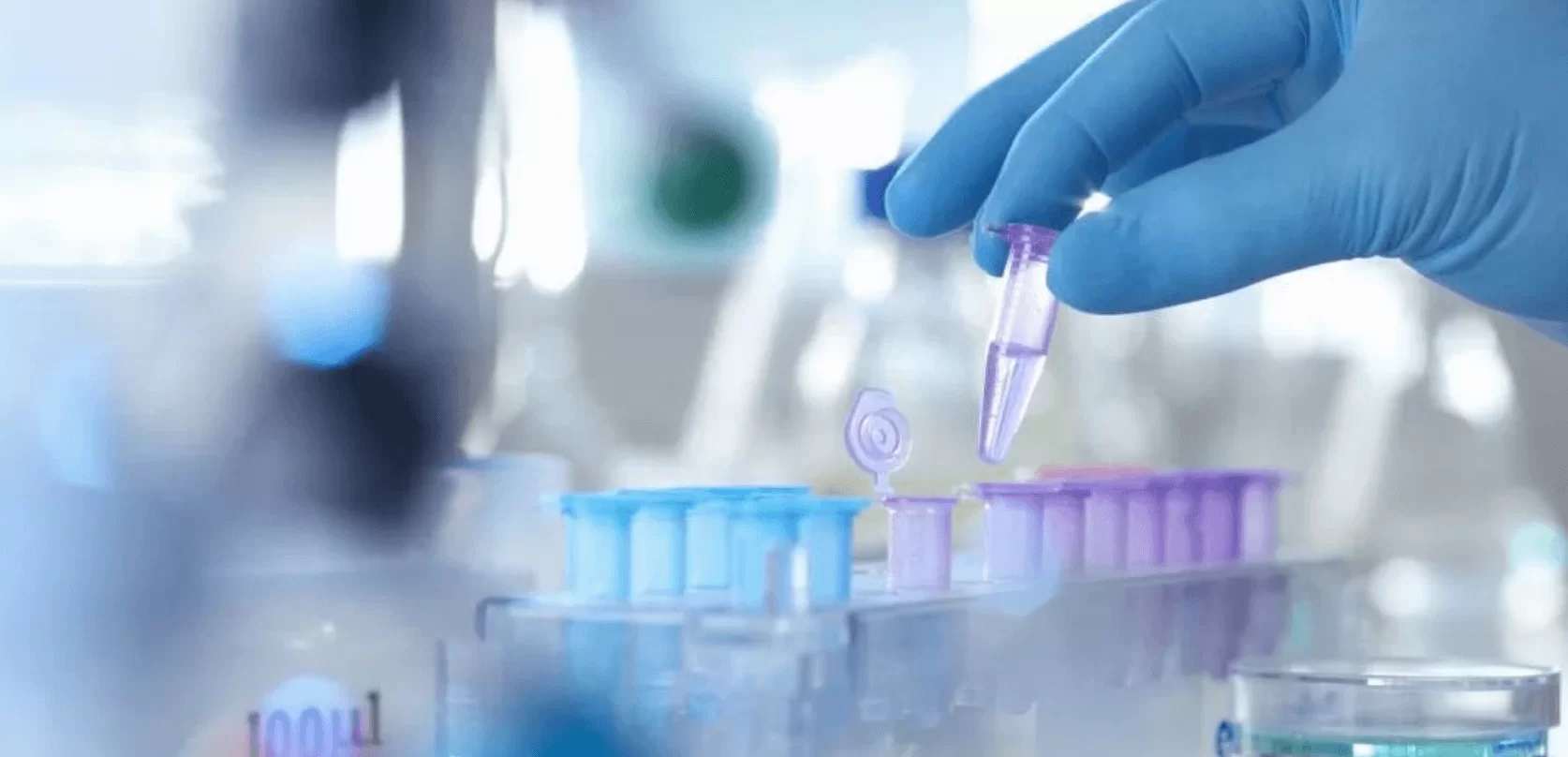
Why High Curiosity Exists about DMSO and Cancer Research
Cancer research often explores unconventional substances in the search for better treatments. One compound that has caught attention over the years is DMSO (dimethyl sulfoxide). Originally developed as an industrial solvent, it has been studied for its unique biological effects — including possible applications in oncology.
But curiosity does not equal confirmation. Here’s what the research actually shows.
🔬 Research Roundup
-
Cell Studies: In laboratory settings, DMSO has demonstrated the ability to influence cancer cell growth and survival. Some studies suggest it may slow down certain cell lines, while others show it can alter how cells respond to drugs.
-
Drug Delivery Role: DMSO is a powerful carrier. In cancer research, it has been investigated as a solvent or delivery vehicle for chemotherapy drugs, helping transport them into cells.
-
Animal Models: Some experiments reported reduced tumor growth when DMSO was involved, but findings are inconsistent and context-dependent.
-
Human Trials: There is currently no large-scale, conclusive clinical evidence supporting DMSO as a cancer treatment. Most work has been preliminary or used DMSO only as a vehicle for other drugs.
👉 Bottom line: Interesting findings in the lab, but far from a proven therapy.
🧑⚕️ Oncologist’s Perspective
An oncologist would likely say:
-
DMSO is an important research tool, not an approved cancer drug.
-
Evidence is limited to early-stage studies; results are mixed.
-
Cancer care should rely on established, evidence-based treatments.
They may also note that research into compounds like DMSO can still be valuable, as it teaches us more about cancer biology and drug delivery.
⚖️ Safety & Ethical Considerations
-
Not Approved: DMSO is not approved by regulatory agencies as a cancer treatment.
-
Unregulated Use: Self-experimentation carries significant risks, including skin irritation, contamination, and drug interactions.
-
Ethical Standards: All cancer therapies must pass rigorous clinical trials before being recommended — DMSO has not.
✨ Final Thoughts
DMSO’s role in cancer research highlights its versatility and scientific interest. While laboratory and early animal studies raise intriguing questions, there is no solid evidence to support it as a safe or effective cancer treatment today.
For now, it remains a research compound, not a therapeutic option. Anyone considering alternative approaches to cancer should always discuss them with a qualified oncologist.
🔗 Related Reading
-
Related: What is DMSO and How Does It Work?
-
Related: DMSO and Antioxidants
-
Related: DMSO and Inflammation




 DMSO and Antioxidants: What the Research Reveals
DMSO and Antioxidants: What the Research Reveals
 DMSO and Immune Health: What the Evidence Suggests
DMSO and Immune Health: What the Evidence Suggests














